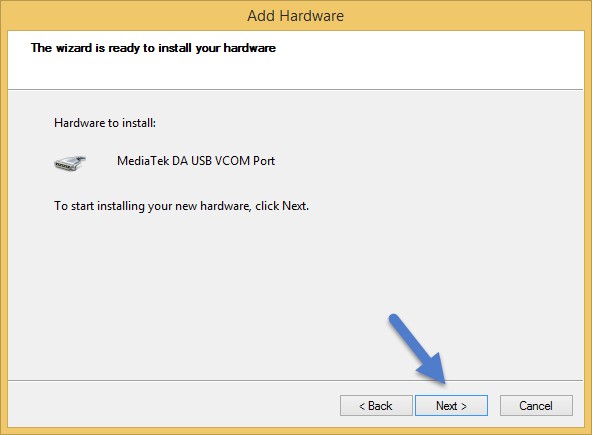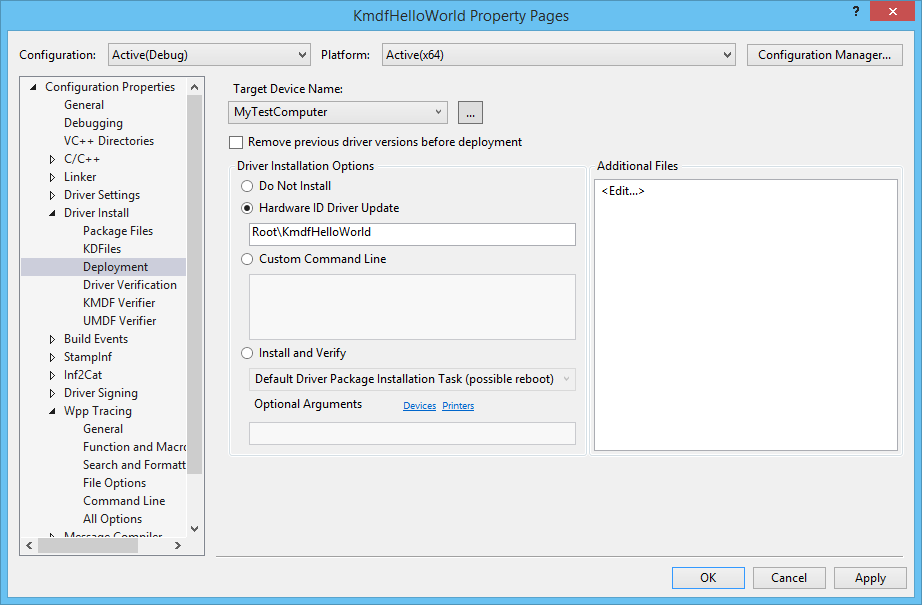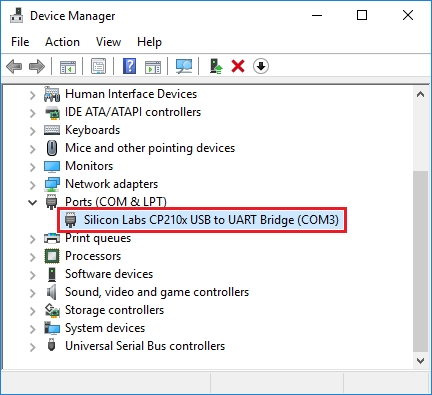Download Spreadtrum other device drivers or install DriverPack Solution software for driver scan and update. DriverCoding Service Port. Windows XP, 7, 8, 8.1. Download midi drivers for free. Internet & Network tools downloads - MIDI Yoke by JOConnell and many more programs are available for instant and free download.
This article describes an issue that occurs when you use a FireWire port-based device in Windows 8.1 or Windows 8. Additional steps of configuration is required to enable this update after the installation.
Symptoms
Assume that you have a computer that equips with an IEEE 1394 FireWire controller card. After you upgrade the computer from Windows 7 to Windows 8.1 or Windows 8, devices that connect to the computer by using a FireWire port do not work.
Cause
This issue occurs because the legacy 1394 bus drivers (1394bus.sys and Ochi1394.sys) are removed in Windows 8.1 or Windows 8.
Resolution
Update information
How to obtain this update
Microsoft Download Center
The following files are available for download from the Microsoft Download Center:
Operating system | Update |
|---|---|
All supported x86-based versions of Windows 8.1 or of Windows 8 | |
All supported x64-based versions of Windows 8.1 or of Windows 8 |
For more information about how to download Microsoft support files, click the following article number to view the article in the Microsoft Knowledge Base:
119591 How to obtain Microsoft support files from online services Microsoft scanned this file for viruses. Microsoft used the most current virus-detection software that was available on the date that the file was posted. The file is stored on security-enhanced servers that help prevent any unauthorized changes to the file.
Additional steps of configuration requirement
After you install the 1394 OHCI Legacy Driver.msi file, follow these steps:
Right-click the Legacy1394.inf file under one of the following paths based on the computer's architecture:
C:Program Files1394 OHCI Compliant Host Controller (Legacy)x86_driver
C:Program Files1394 OHCI Compliant Host Controller (Legacy)x64_driver
Click Install.
Open Device Manager in Control Panel.
Expand IEEE 1394 Bus host controllers, and then locate the host controller.
Right-click the host controller, and then click Update Driver Software.
The screen shot of the host controller and the Update Driver Software is listed in the following example:Click Browse my computer for driver software.
Click Let me pick from a list of device drivers on my computer.
Click Generic1394 OHCI compliant host controller (Legacy), and then click the Next button.
Click the Close button.
Prerequisites
There are no prerequisites for installing this update.
Registry information
To apply this update, you do not have to make any changes to the registry.
Restart requirement
You have to restart the computer after you apply this update.
Update replacement information
This update does not replace a previously released update.
File information
The global version of this hotfix installs files that have the attributes that are listed in the following tables. The dates and the times for these files are listed in Coordinated Universal Time (UTC). The dates and the times for these files on your local computer are displayed in your local time together with your current daylight saving time (DST) bias. Additionally, the dates and the times may change when you perform certain operations on the files.
Windows 8.1 and Windows 8 file information notesThe MANIFEST files (.manifest) and the MUM files (.mum) that are installed for each environment are not listed
For all supported x86-based versions of Windows 8.1 or of Windows 8
File name | File version | File size | Date | Time | Platform |
|---|---|---|---|---|---|
1394_ohci_legacydriver.msi | Not Applicable | 208,896 | 15-Aug-2014 | 20:48 | Not Applicable |
For all supported x86-based versions of Windows 8.1 or of Windows 8
File name | File version | File size | Date | Time | Platform |
|---|---|---|---|---|---|
1394_ohci_legacydriver.msi | Not Applicable | 208,896 | 15-Aug-2014 | 20:48 | Not Applicable |
Status
Microsoft has confirmed that this is a problem in the Microsoft products that are listed in the 'Applies to' section.
More Information
Drivercoding Port Devices Driver Download For Windows 10
Steps of uninstalling the 1394 OHCI Legacy Driver.msi file
Open Control Panel in the Category view.
Click Uninstall a program in Control Panel.
Right-click 1394 OHCI Compliant Host Controller (Legacy), and then click Uninstall.
The screen shot of uninstalling the 1394 OHCI Compliant Host Controller (Legacy) is listed in the following example:
Additional package information
This driver is only intended to work with legacy 1394 host controllers. Therefore, you may experience lower transfer data rates than the 1394b driver.
The driver is intended to resolve compatibility issues for 1394 peripherals on 1394b systems. If you are not experiencing these issues, you should continue to use inbox drivers that are provided in Windows 8.1 or Windows 8.
You have to reinstall this stand-alone driver package if you upgrade to a newer operating system version in the future.
For more information about software update terminology, click the following article number to view the article in the Microsoft Knowledge Base:
824684 Description of the standard terminology that is used to describe Microsoft software updates
-->
Note
Please use the PnPUtil tool instead of DevCon.
DevCon (Devcon.exe), the Device Console, is a command-line tool that displays detailed information about devices on computers running Windows. You can use DevCon to enable, disable, install, configure, and remove devices.
DevCon runs on Microsoft Windows 2000 and later versions of Windows.
| Where can I download DevCon? |
|---|
DevCon (Devcon.exe) is included when you install the WDK, Visual Studio, and the Windows SDK for desktop apps. For information about downloading the kits, see Windows Hardware Downloads. Windows Driver Kit (WDK) 8 and Windows Driver Kit (WDK) 8.1 (installation path) %WindowsSdkDir%toolsx64devcon.exe %WindowsSdkDir%toolsx86devcon.exe %WindowsSdkDir%toolsarmdevcon.exe Note The Visual Studio environment variable, %WindowsSdkDir%, represents the path to the Windows kits directory where the kits are installed, for example, C:Program Files (x86)Windows Kits8.1. |
This section includes:
What you can do with DevCon


Windows driver developers and testers can use DevCon to verify that a driver is installed and configured correctly, including the proper INF files, driver stack, driver files, and driver package. You can also use the DevCon commands (enable, disable, install, start, stop, and continue) in scripts to test the driver.
DevCon is a command-line tool that performs device management functions on local computers and remote computers.
Drivercoding Port Devices Driver Download For Windows 8.1
Note To run DevCon commands on a remote computer, the Group Policy setting must allow the Plug and Play service to run on the remote computer. On computers that run Windows Vista and Windows 7, the Group Policy disables remote access to the service by default. On computers that run Windows 8 and later operating systems, the remote access is unavailable.
Devcon features include:
Display driver and device info DevCon can display the following properties of drivers and devices on local computers, and remote computers (running Windows XP and earlier):
- Hardware IDs, compatible IDs, and device instance IDs. These identifiers are described in detail in Device Identification Strings.
- The devices in a device setup class
- INF files and device driver files
- Details of driver packages
- Hardware resources
- Device status
- Expected driver stack
- Third-party driver packages in the driver store
Search for devices DevCon can search for devices on a local or remote computer by hardware ID, device instance ID, or device setup class.
Change device settings DevCon can change the status or configuration of Plug and Play (PnP) devices on the local computer in the following ways:
- Enable a device
- Disable a device
- Update drivers (interactive and noninteractive)
- Install a device (create a devnode and install software)
- Remove a device from the device tree and delete its device stack
- Rescan for Plug and Play devices
- Add, delete, and reorder the hardware IDs of root-enumerated devices
- Change the upper and lower filter drivers for a device setup class
- Add and delete third-party driver packages from the driver store
Restart the device or computer DevCon can restart a local device, reboot the local system on demand, or reboot the local system if required for another DevCon operation.
DevCon source code


Drivercoding Port Devices Driver Download For Windows
The DevCon source code is also available so that you can examine the methods that DevCon uses to retrieve and change setup and configuration data. DevCon illustrates the use of general setup functions, device installation functions, and PnP Configuration Manager functions. The source code for the Device Console (DevCon) Tool is available in the Windows driver samples repository on GitHub.
Related topics
